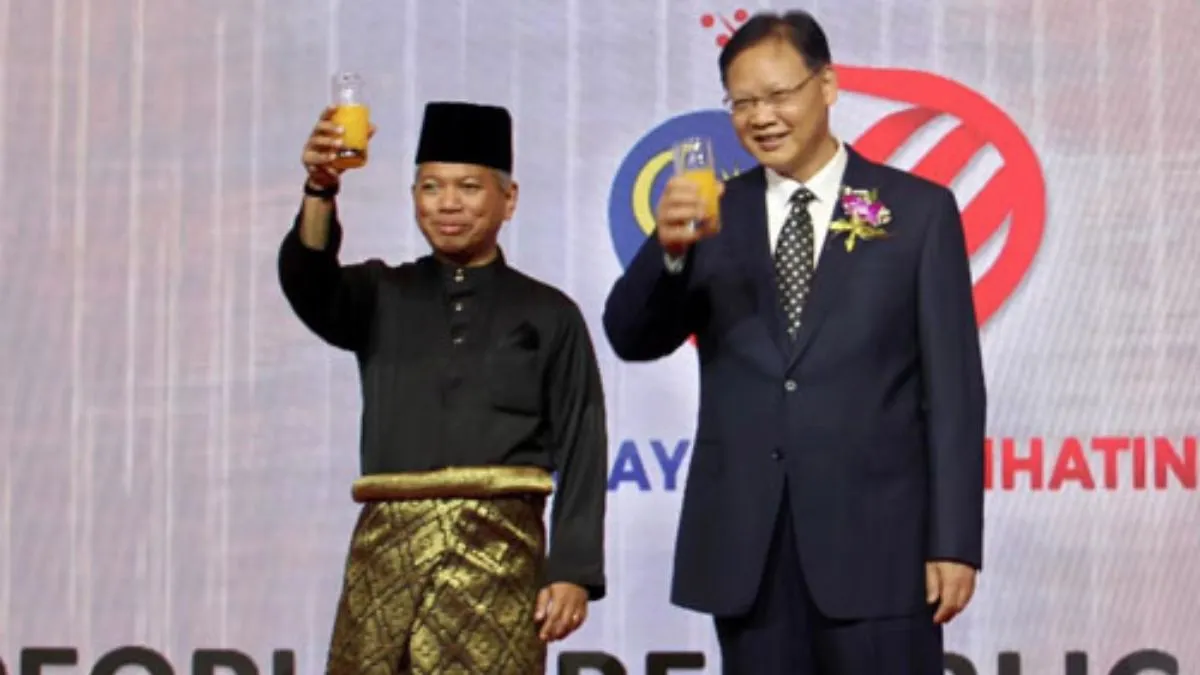After keeping post vacant for 18 months, Xi appoints Xu Feihong as China's new envoy to India
China’s last ambassador to India, Sun Weidong, left his post in October 2022. Since then the post has been vacant despite both countries having rocky relations in the past three to four years.

Chinese President Xi Jinping has appointed senior diplomat Xu Feihong as the new Ambassador to India after an unusually long delay of 18 months amid frozen relations between the two countries over the eastern Ladakh military standoff.
While there is no official announcement in Beijing yet, the Chinese Foreign Ministry has confirmed to news agency PTI that Xu, former Ambassador to Afghanistan and Romania, has been appointed as China’s new envoy in India.
Xu, 60, is expected to travel to New Delhi soon to take over his new posting.
Who is Xu Feihong?
He will succeed veteran Chinese diplomat Sun Weidong who completed his tenure in India in October 2022. Sun, who was China's envoy to Pakistan before his India stint, is currently the Vice Foreign Minister overseeing China's South Asia policy.
Xu’s appointment which coincides with the ongoing general elections in India comes amid protracted military and diplomatic negotiations between Beijing and New Delhi to resolve the prolonged military standoff.
Why Xu Feihong's appointment is crucial for both nations?
Relations between the two countries were frozen except for trade ever since the eastern Ladakh border standoff erupted on May 5, 2020, following a violent clash in the Pangong Tso (lake) area. The eastern Ladakh standoff has resulted in a freeze of bilateral ties. The two sides have so far held 21 rounds of corps commanders-level talks to resolve the standoff.
According to the Chinese military, the two sides so far agreed to disengage from four points, namely the Galwan Valley, the Pangong Lake, Hot Springs, and Jianan Daban (Gogra).
India is pressing the People's Liberation Army to disengage from the Depsang and Demchok areas, maintaining that there cannot be restoration of normalcy in its relations with China as long as the state of the borders remains abnormal.
Also Read: India developing infrastructure along the frontier with China at a rapid speed: Rajnath Singh